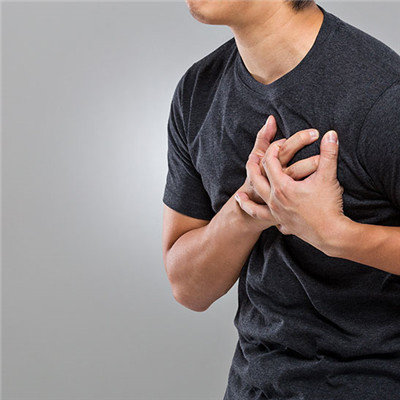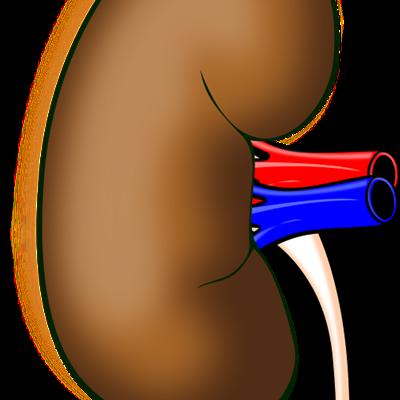What are the symptoms of heart disease?
summary
In all the organs of the human body, the heart can be said to be the most important, but due to various reasons in life, many people will suffer from heart disease, especially some elderly people, because of the poor physical fitness of the elderly, heart function decline in varying degrees. In order to prevent this disease, it is necessary to understand the symptoms of heart disease. So those symptoms belong to heart disease. Now let's talk about them.
What are the symptoms of heart disease?
Palpitation is a common symptom at the beginning of heart disease. It is a feeling of cardiac discomfort. It is more common in arrhythmia or heart failure, and can also be seen in hyperdynamic circulation. Dyspnea is often induced by pulmonary blood stasis caused by left ventricular dysfunction. At the beginning, it was often exertional dyspnea, which improved after rest. With the development of the disease, paroxysmal dyspnea at night, forced sitting breathing, can not lie down, and often accompanied by cough, even hemoptysis. Pulmonary edema may occur in severe cases.

Chest pain, caused by angina pectoris, is mostly located behind the sternum, showing a sense of compression or stuffy pain, and radiates to the left upper limb or neck. It is mostly caused by physical activity, emotional excitement or satiety, lasting for 1-5 minutes each time, rarely more than 15 minutes. The chest pain caused by acute myocardial infarction lasts for a long time, about half an hour to several hours. The attack may have nothing to do with the activity. Other such as acute pericarditis, pulmonary embolism can also cause chest pain, combined with the incidence, signs and other examinations can be identified.

Edema is a common manifestation of right ventricular dysfunction. The location of cardiogenic edema is closely related to body position. For example, early edema of right heart failure occurs in the lower limbs, which is often obvious in the evening after daytime activities, and disappears after a night's rest.

matters needing attention
quit smoking. Smokers are twice as likely to have heart disease as nonsmokers. The study found that two to three years after quitting smoking, the risk of heart disease will drop to the same level as non-smokers. Pay attention to your diet. Daily life to eat low-fat food, such as lean meat and low-fat dairy products.











